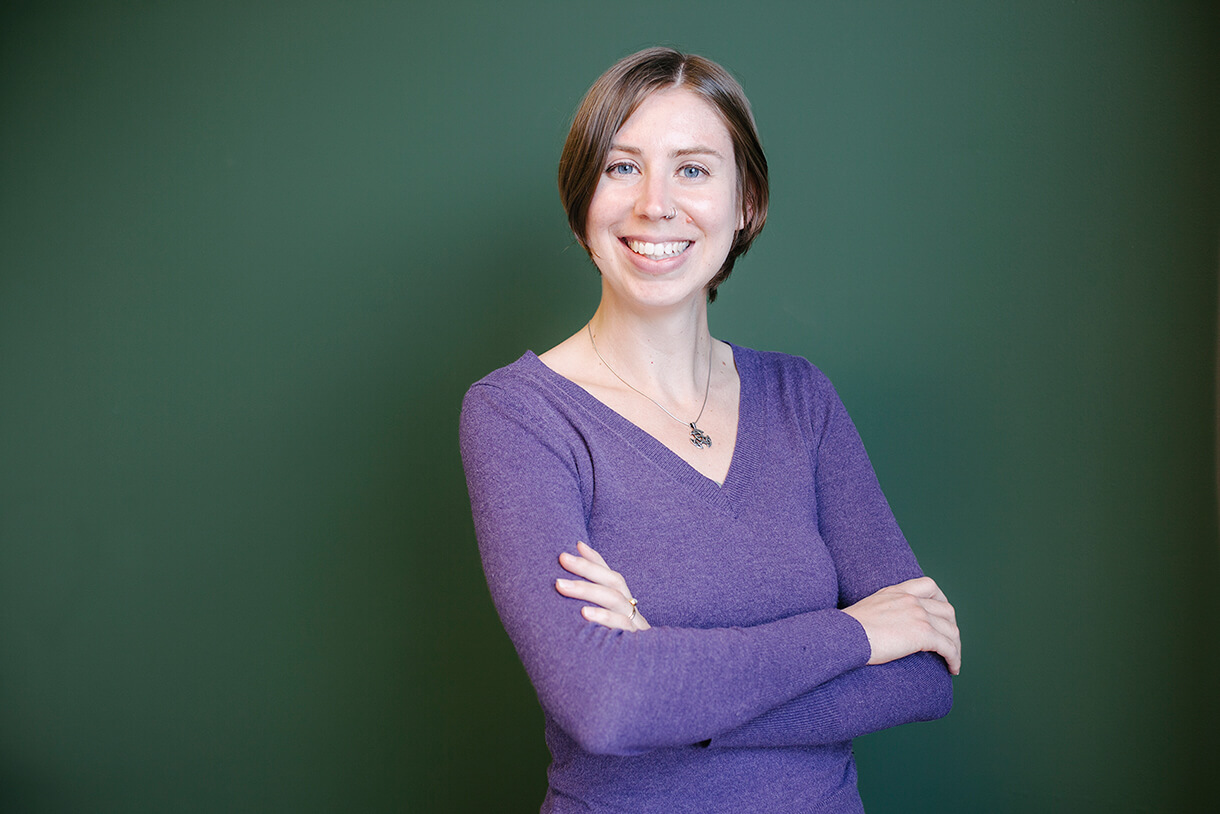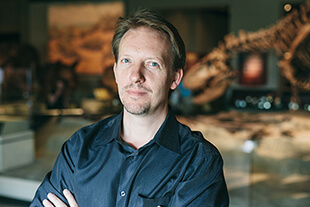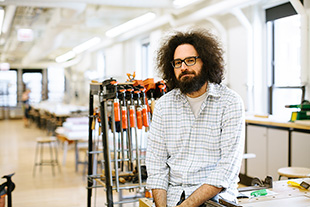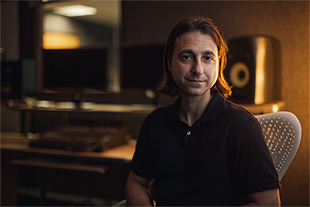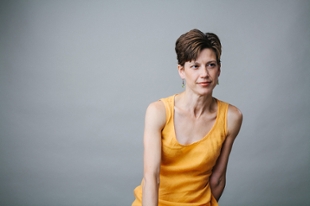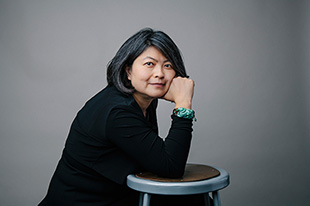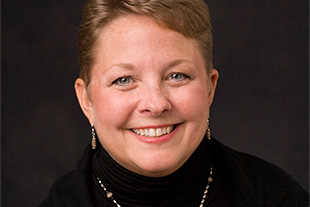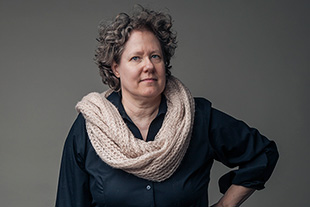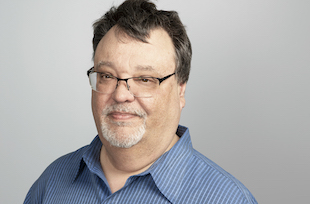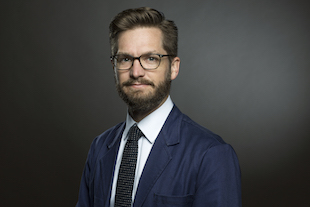Michelle Yates
Design
Michelle Yates helps creative students explore the “why” behind art.
Michelangelo's David started with a slab of marble and a chisel. Van Gogh's Starry Night originated as a blank canvas and a palette of paint. Over time, these pieces of art became icons, recognizable across the globe.
How did these artworks become cultural signifiers? Why do we recognize them in countless reproductions and parodies? What do they mean in the larger context of the world? These are the kinds of questions assistant professor Michelle Yates discusses with her students at Columbia College Chicago.
"They're learning how to make art," she says. "But in my class, we learn why to make art."
Challenging Assumptions
Cultural Studies examines the ways culture is formed, processed and understood. Because culture is a living, shifting thing, classes focus on ever-changing subject matter. Students often zoom in on fads and popular culture to decode the meaning of it all. Yates' lesson plans include modern cultural artifacts like iPhones, trends like twerking, and subcultures like punks and goths.
"A lot of what we're doing is challenging assumptions," says Yates.
She explains this process with a popular American assumption: The United States is the home of the free. “Here’s this idea that permeates our culture,” she says. “Where did it come from? Why does it get repeated? Why does it hold power for us? I think that Columbia students are really excellent at engaging with those questions.”
Nice Accidents
Yates fell into Cultural Studies through a series of "nice accidents." She enrolled to study biology and environmental issues as an undergrad at Penn State University, but ended up bouncing between majors after struggling in a handful of first-year science classes. She fell in love with Women's and Gender Studies, graduating from the program and working post-grad at Planned Parenthood. When it came time for graduate school, she looked for similar programs, mostly on the East Coast—but again, something unexpected happened. She enrolled in a Cultural Studies program at University of California, Davis, which ended up being the perfect place to explore and combine her passions.
"I was able to retain my emphasis on women's and gender studies, but I could also return to work about the environment," she says. "I was able to put these things together and think about them in really interesting ways."
Deep Thinkers
Yates teaches broad classes like Intro to Cultural Studies, but also narrows in with certain cultural lenses, such as Marxism. She loves Columbia's academic energy, with students geared toward creative, independent thinking.
"As educators, we're always thinking about that idea of critical thinking," says Yates. “It's a very hard thing to define, but whatever it is, I think Columbia students already have the capacity to be really excellent critical thinkers."
